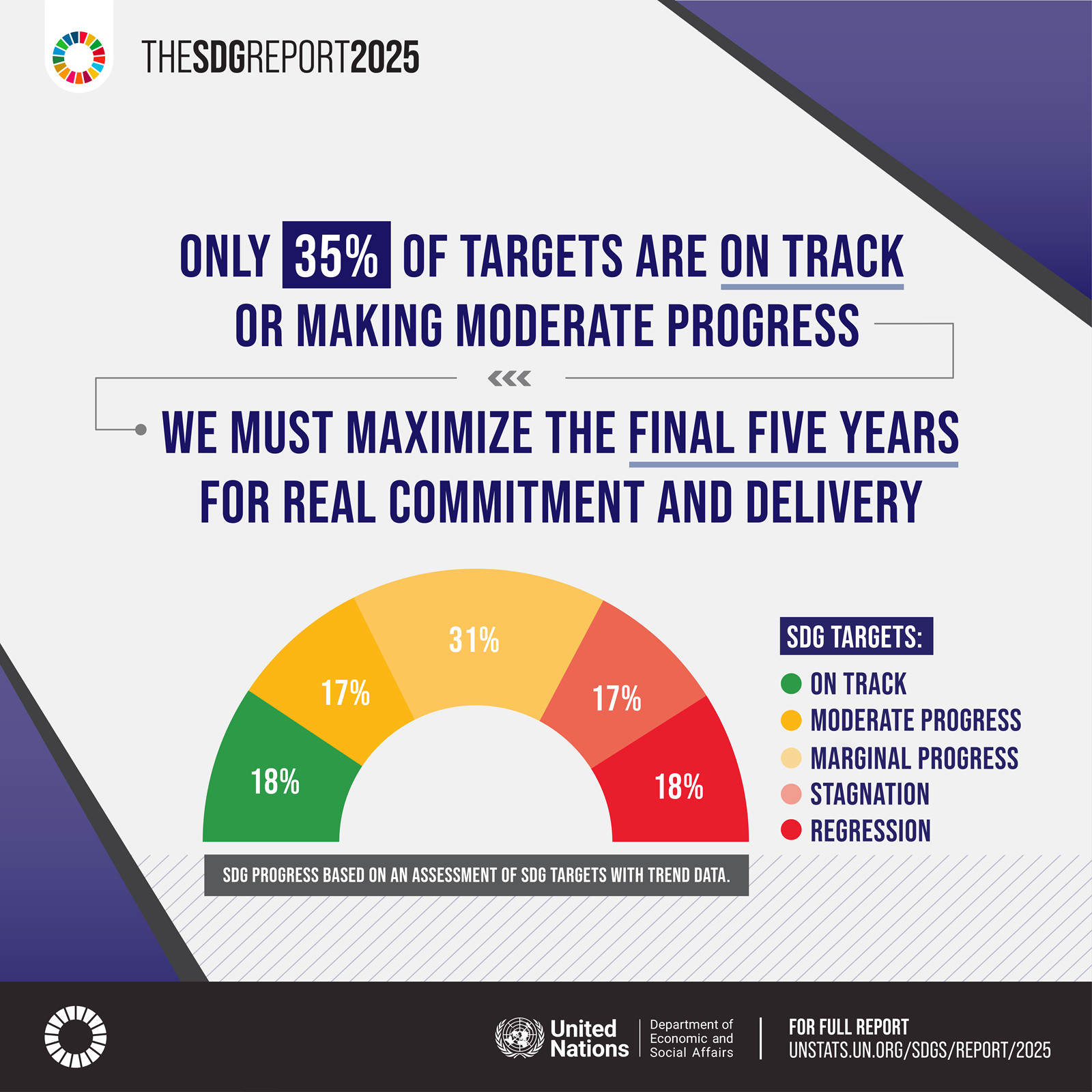Used cooking oil (UCO) is an unavoidable byproduct of food preparation, especially in the rapidly urbanising, multi-ethnic communities of East Africa. Yet, precise data on the total volume of UCO generated across the region remains scarce. Most available sources focus instead on edible oil consumption and revenue rather than waste collection or disposal.
For
instance, according to Statista, the edible oil market in Eastern Africa is
projected to generate approximately US$3.14 billion
by 2025, with consumption expected to reach around 678 million kilograms by 2030. In
Uganda alone, edible oil demand in 2021 stood at 120,000 metric tonnes, while local production reached only 40,000 metric tonnes, resulting in an annual deficit of 80,000 metric tonnes
(Daily Monitor, January 2, 2021). This shortfall pushes consumers and vendors to
stretch the use of cooking oil to its limits.
From
bustling street vendors in growing cities to busy restaurant kitchens, large
volumes of oil are used daily to meet East Africa’s increasing appetite for
fried foods. But what happens once the
oil is no longer suitable for cooking? This often-overlooked question has major
implications for public health, environmental sustainability, and energy security.
The
Environmental Cost of Improper Disposal
In
many East African cities, used cooking oil is typically discarded by pouring it
down drains or dumping it into open landfills. These methods carry serious
environmental consequences. When introduced into drainage systems, UCO causes
clogs, unpleasant odours, and contamination of water sources, increasing the
risk of waterborne diseases
(UNEP, 2021).
Urban
centres like Nairobi, Kampala, and Dar es Salaam are already grappling with complex waste management
issues, and improper oil disposal only worsens the situation. Municipal
infrastructure is rarely equipped to handle liquid waste like oil, meaning much
of it ends up polluting natural
ecosystems and driving up maintenance costs for public utilities.
Health
Risks in the Informal Food Sector
Another
pressing issue is the reuse and resale
of used cooking oil, especially in informal food markets. Because of its lower
cost, some small-scale vendors reuse oil multiple times or buy previously used
oil from unregulated sources.
This
practice is widespread in urban areas of Kenya and Uganda,
where enforcement of food safety standards is often weak. Repeated heating of
cooking oil produces harmful compounds such as acrylamide and polycyclic
aromatic hydrocarbons (PAHs)—both linked to cancer, heart disease, and
other health problems (WHO, 2019). Agencies like NEMA Uganda have flagged this as an emerging food safety concern,
particularly in the street food sector (NEMA Uganda, 2020).
Emerging
Solutions: Turning Waste into Energy
Despite
these challenges, East Africa is beginning to explore more sustainable ways of
handling UCO. A particularly promising approach is converting used oil into biodiesel.
In
Kenya, environmental startups have
started partnering with hotels and restaurants to collect used cooking oil and
refine it into biofuel for use
in vehicles and generators. For example, Zijani - a renewable energy brand
owned and managed by Biogen Diesel Kenya Limited, aims at reclaiming UCO, Waste
and Residues from bulk cooking institutions through a socially conscious business
voice keen to relay one message that doing the right thing is important, it’s
easy, and it’s profitable. Zijani cooperates with the HORECA industry (hotels,
restaurants, catering), food processing companies and food delivery platforms.
HORECA businesses can dispose of their UCO correctly through Zijani, contributing
to a circular flow of waste disposal and generating an additional revenue
stream.
In
Tanzania, local environmental
organisations in Dar es Salaam
are working with city authorities to promote safe disposal practices and
encourage the repurposing of UCO in non-food
sectors. However, these efforts often remain limited in scale due to funding
constraints and policy gaps.
Elsewhere,
Cameroon offers an inspiring
example. In Douala, a startup
called Bellomar has successfully
recycled waste cooking oil into affordable
detergents and soap for homes and hospitals. They purchase used oil from
restaurants, hotels, and companies, creating a circular economy that supports both public health and local
entrepreneurship.
Internationally,
cities like Dubai are pioneering
large-scale solutions. The company Lootah
collects up to 500,000 litres of used cooking oil every month, offering business owners a
financial incentive through a user-friendly mobile app, which is converted into biodiesel (NLS Waste Services Ltd, 2023). Another Dubai-based
initiative aims to scale this even further, turning UCO into clean fuel to
reduce pollution, protect sewage systems, and support the Emirate’s transition
to green energy (Khaleej Times,
2025).
Conclusion:
From Pollutant to Resource
Although
accurate data on used cooking oil in East Africa is still lacking, consumption
trends suggest that the region generates tens to hundreds of thousands of tonnes of UCO annually. Factors
like reuse rates and informal disposal make tracking difficult. To address
this, targeted studies and data
from national biofuel or environmental agencies are urgently needed.
Without
proper systems in place, UCO will continue to pose health and environmental
threats. But with increasing public
awareness, entrepreneurial
innovation, and government
engagement, there is a clear opportunity to transform this waste into a
valuable resource.
To
unlock this potential, East African governments should invest in:
- Public education campaigns about safe disposal,
- Policy frameworks to regulate UCO reuse and resale,
- Incentives and partnerships with the private sector.
By
reimagining used cooking oil as a tool for clean energy and economic
development, the region can take a meaningful step toward a more sustainable and healthier future.
References:
· Channels
TV (2018).Cameroonian Entrepreneur
Recycles Waste Cooking Oil Into Detergent and Soap | Eco@Africa| YouTube video
·
Daily
Monitor (2021). Growth in the cooking oil
sector is still low
·
Khaleej
Times (2025). Dubai to convert used cooking oil into clean, renewable fuel
· NEMA
Uganda. (2020). Annual Environmental Report. National Environment
Management Authority.
·
NLS
Waste Services Ltd (2023). Turning
Cooking Oil Into Fuel
·
Statista (2025). Edible Oils - Eastern Africa
·
UNEP.
(2021). Waste Management Outlook for Africa. United Nations Environment
Programme.
· WHO.
(2019). Health Risks Associated with Repeatedly Heated Cooking Oils.
World Health Organisation.
·
Zijani
(2024). Improving sustainable
bio-feedstock waste collection


No comments:
Post a Comment